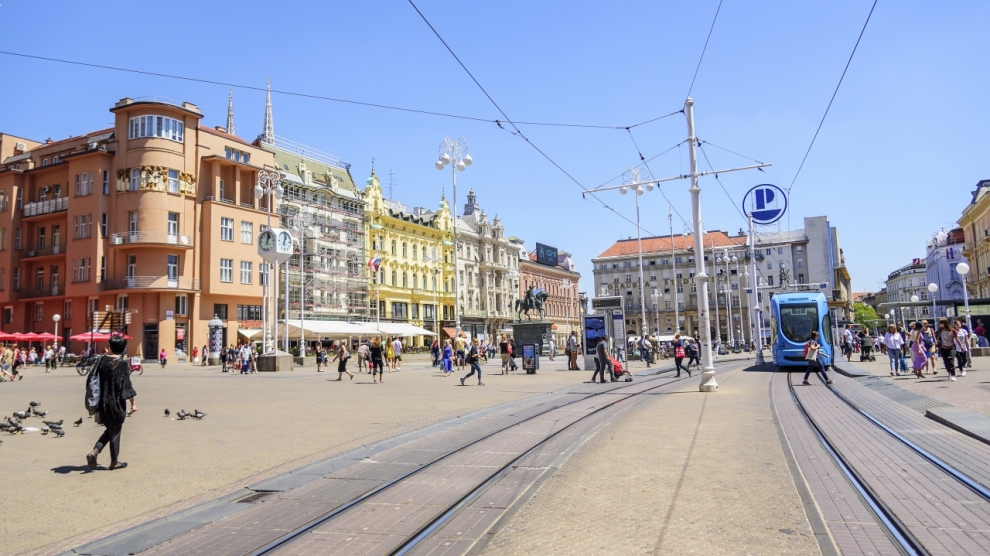The Croatian economy is among the least unstable economies, Bloomberg global risk index reports. Out of 82 countries evaluated, the country ranks ninth, while in the top three we find Hong Kong, Switzerland and Singapore. The US closes the index.
Four criteria were considered in the index: the total foreign reserves (excluding gold) held by each country’s central bank as a percentage of gross domestic product, the unemployment rate as estimated by the International Labour Organisation and the inflation rate and the currency volatility.
“I do not consider Croatia to be of low risk, not yet, at least. The unemployment rate has gone down rapidly in the past few years, however this is not due to job creation, but due to mass emigration out of the country. This, coupled with stronger GDP growth which is primarily a consequence of an upsurge of exports due to EU entry, is most likely why our assessment of risk has gone down. However the country is still desperately in need of reform,” says Vuk Vukovič, an economist and director of Oraclum Intelligence Systems, tells Emerging Europe.
In fact, the high reserve share (26 per cent) is the main reason why Croatia stands ninth. On the contrary, when it comes to the unemployment rate (11.7 per cent), the country is considered a high risky economy, occupying the 75th position. The currency volatility was not placed under consideration.
“Stronger growth and the artificial fall of unemployment have put a stop to any reform package, which is very likely to hurt us in the long run. The future prospects are therefore bleak despite temporarily better economic conditions, because the government won’t seize the opportunity to fix the structural problems,” Mr Vukovič adds.
After a seven-year recession, the Croatian economy has started to recover. According to the World Bank, the annual GDP grew by 2.8 per cent in 2016. However, forecasts expect the GDP to decrease in 2017 and 2018 due to the country’s gross external debt, which, as reported by the Croatian National Bank, stood at 41.7 billion euros (about 91.4 per cent of GDP) at the end of 2016.






Add Comment